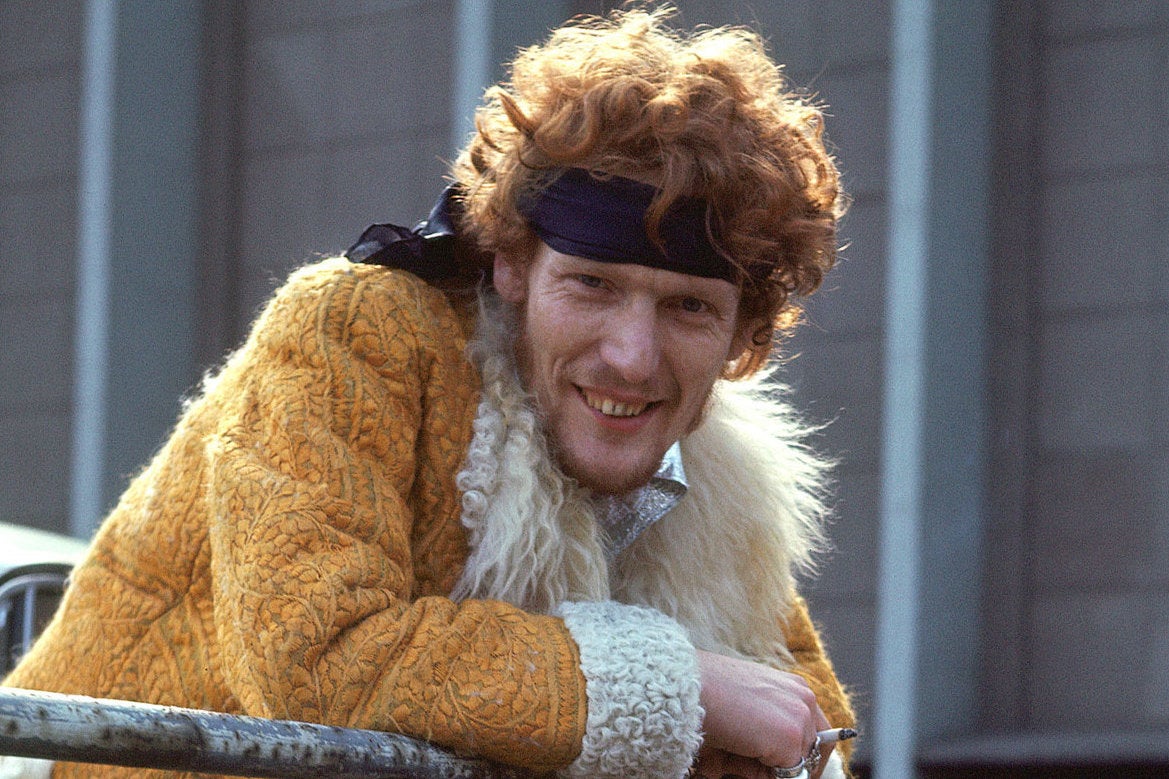Tom Jones: The Life by Sean Smith Motherless Child: The Definitive Biography of Eric Clapton by Paul Scott, book reviews
Two unauthorised biographies sometimes lack insight but are entertaining reads

Your support helps us to tell the story
From reproductive rights to climate change to Big Tech, The Independent is on the ground when the story is developing. Whether it's investigating the financials of Elon Musk's pro-Trump PAC or producing our latest documentary, 'The A Word', which shines a light on the American women fighting for reproductive rights, we know how important it is to parse out the facts from the messaging.
At such a critical moment in US history, we need reporters on the ground. Your donation allows us to keep sending journalists to speak to both sides of the story.
The Independent is trusted by Americans across the entire political spectrum. And unlike many other quality news outlets, we choose not to lock Americans out of our reporting and analysis with paywalls. We believe quality journalism should be available to everyone, paid for by those who can afford it.
Your support makes all the difference.Two pop icons of a similar vintage and worldwide renown who both confess a love for the blues; it's unlikely, however, that Jones (74) will be guesting on the next album by Clapton (69), or that the latter will be becoming a judge on The Voice.
The authors have something in common, too, having written books about Robbie Williams. Neither of these biographies are authorised (although the Clapton one claims to be "definitive") which, in the parlance of newspapers, means that both are basically "cuttings jobs" with all the words of the two stars coming from previously published interviews or books.
That means there's always a certain distance between the writer and his subject, although Sean Smith did his bit by scooting off to the Valleys, where he interviewed Jones's old pals and discovered that he was one of the lads, despite a remembered grievance that he didn't always get his round in. "The only way he would buy a drink would be if you turned him upside down and shook him," recalls fellow band member Keith Davies. His rise to stardom, after a stuttering start with the predatory homosexual record producer Joe Meek ("The bloody bastard made a grab for my balls," he tells his bass player Vernon Watkins) is swift. Aided by an astute manager, Gordon Mills, who soon disposes of Jones's backing band, the Senators, the hip-thrusting star is propelled to national and then international popularity through hits such as "What's New Pussycat?" and "The Green, Green Grass of Home".
Clapton's rise appears equally rapid. From playing with the Yardbirds, and then joining bluesman's John Mayall's group the Bluesbreakers, it seems no time before he is to attaining superstar status with Cream and people are scrawling "Clapton is God" on any available wall. His tale then becomes one of slightly wearying excess, enlivened by love affairs conducted in a sort of sub-Hollywood dialogue. "I have to tell you, man, that I'm in love with your wife," Clapton tells George Harrison while in pursuit of the winsome Pattie Boyd.
Too many women, too many drugs, too much booze and not enough great recordings to equal the amazing "Layla" dog his years of international stardom although, unlike many of his peers, he does survive.
Jones meanwhile, while wowing them in Las Vegas, was dallying with women including former Miss World Marjorie Wallace, but always returning home to his increasingly reclusive wife, Linda. Both find a sense of purpose later in life. Clapton comes clean before suffering the grievous loss of his young son Conor, who falls from the star's 53rd-floor apartment in New York in 1991. But after a prolonged period of mourning, he is able to find contentment with a new wife, 31 years his junior, who provides him with the family life he covets. Jones becomes hip again with songs such as "Sex Bomb" and appearances at Glastonbury before settling down to The Voice.
Both are good reads. The Clapton book is the more musically interesting of the two, while the Jones biography, coming as it does with a whole chapter devoted to his astrological charts, suggests that it's aimed at the Welsh singer's more mature fans.
Join our commenting forum
Join thought-provoking conversations, follow other Independent readers and see their replies
Comments